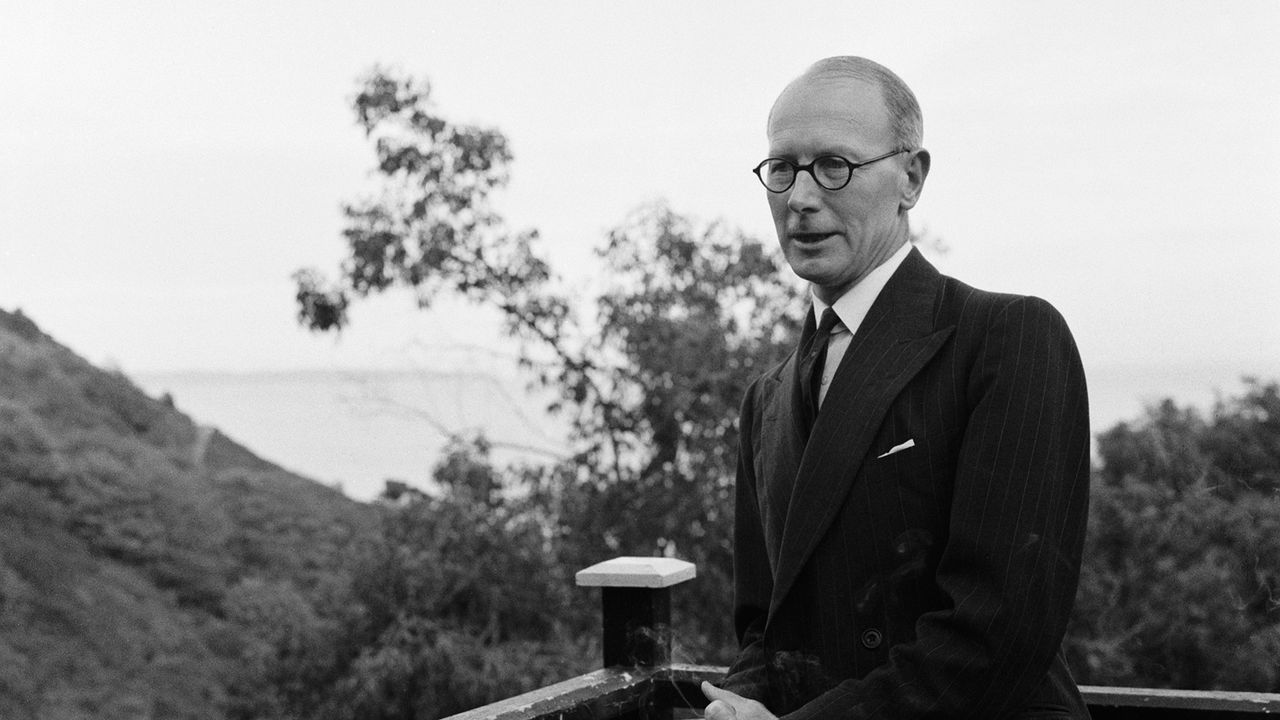In the mid-20th century, Britain stood at a crossroads of social reform and traditional morality. Few topics ignited as much debate as homosexuality, which at the time remained criminalized under laws that dated back centuries. Against this backdrop, a pivotal document emerged in 1957 that would challenge long-standing norms and force the nation to confront its values. This report did not simply propose changes to legislation—it triggered a cultural reckoning that divided public opinion for years to come.
The document in question was known as the Wolfenden Report, named after Sir John Wolfenden, who chaired the committee responsible for its findings. Tasked with reviewing laws on homosexuality and prostitution, the committee embarked on a three-year inquiry that examined legal, moral, and social dimensions of these issues. When the report was finally published, it became one of the most influential and controversial studies of its time.
At its core, the report recommended that private, consensual relationships between adult men should no longer be considered a criminal offense. This statement may seem modest by contemporary standards, but in the social climate of 1950s Britain, it was revolutionary. The idea that morality and criminality should not always overlap challenged deeply entrenched beliefs about law, religion, and sexuality.
Reactions to the Wolfenden Report were immediate and divided. Advocates praised it as a progressive move, applauding the acknowledgment of individual freedoms and the idea that the government should not intervene in private matters without valid reasons. Critics, conversely, perceived the recommendations as a threat to moral order, cautioning that decriminalization would undermine societal foundations. Media outlets, political figures, and religious leaders all joined the discussion, making the report a focal point for national discourse.
The cultural landscape of the era heightened these conflicts. Post-war Britain was a society in flux, navigating austerity alongside a burgeoning consumer culture, and facing identity questions in a decolonization period. In this context, conversations about sexuality went beyond legal changes; they provoked inquiries into the type of society Britain aimed to evolve into. Could a contemporary nation uphold its moral values while adopting personal liberties, or did advancement entail abandoning tradition?
The efforts of the Wolfenden Committee stood out due to its balanced approach and focus on data rather than beliefs. The committee engaged with legal professionals, religious leaders, medical practitioners, and those personally impacted by the legislation. This wide array of viewpoints lent the report authority, yet also highlighted significant rifts within British society. Some testimonies claimed that homosexuality was a condition needing therapy, while others contended that legal sanctions caused undue pain and injustice.
An intriguing element of the report was its claim that personal ethics should not invariably influence public legislation. It notably mentioned that the purpose of criminal law is to maintain public order and decency, rather than to impose personal ethics. This differentiation between wrongdoing and crime had an impact that extended well beyond discussions on sexuality, shaping ongoing debates on individual freedom.
Despite the report’s groundbreaking conclusions, change did not come overnight. Parliament resisted immediate reform, and it would take a decade before the Sexual Offences Act of 1967 partially implemented the recommendations, decriminalizing homosexual acts between consenting men over the age of 21 in private. This long delay underscores how controversial the issue remained and how deeply the public was divided.
The intense discussion triggered by the release of the report reached beyond the legal community and into mainstream culture. Editorials in newspapers speculated whether Britain was facing a moral downfall, while some lauded the report as a victory of reason over bias. Many religious figures used their platforms to condemn the suggestions, portraying the matter as a battle of spirituality instead of legality. At the same time, advocacy organizations and scholars rallied to support the idea that change was crucial for a compassionate and equitable society.
For homosexual men residing where criminalization looms, the report provided a ray of optimism. It recognized their presence in a manner that had long been overlooked by official narratives, portraying them not as offenders but as individuals entitled to respect. Nevertheless, this acknowledgment had constraints: the report insisted that homosexual acts should continue to be unlawful if they included anyone below 21 years of age or took place in public spaces. Therefore, even while it supported the movement towards reform, it upheld specific limits reflecting the period’s careful stance on sexual matters.
Reflecting on its significance, the Wolfenden Report can be viewed as both groundbreaking and traditional. Groundbreaking because it challenged the idea that the law should govern private moral issues, and traditional because it supported many conventional values regarding family and societal decency. Nevertheless, its influence is undeniable. It established the intellectual foundation for future reforms, initiated discussions that questioned stigma, and contributed to the development of LGBTQ rights in the United Kingdom.
The controversy it ignited in 1957 also reveals a timeless truth about social change: progress rarely occurs without resistance. Every argument made against decriminalization—fear of societal decay, concerns about morality, appeals to tradition—echoes debates that have surrounded other civil rights struggles throughout history. The report’s legacy is therefore not just legal but philosophical, embodying the ongoing tension between individual liberty and collective morality.
Today, it is difficult to imagine a time when private relationships between adults were subject to criminal penalties, yet this was the reality for countless individuals only a few generations ago. The Wolfenden Report serves as a reminder of how far society has come and how fragile progress can be when weighed against entrenched beliefs. Its story also invites reflection on the present: which issues of personal freedom provoke similar debates now, and what will future generations make of them?
More than six decades later, the Wolfenden Report remains a milestone in British legal history and a case study in the complexities of social reform. It demonstrates how evidence-based inquiry can challenge injustice, even when the truth is inconvenient or unpopular. Above all, it underscores the enduring importance of separating law from morality in a democratic society that values both order and freedom.





